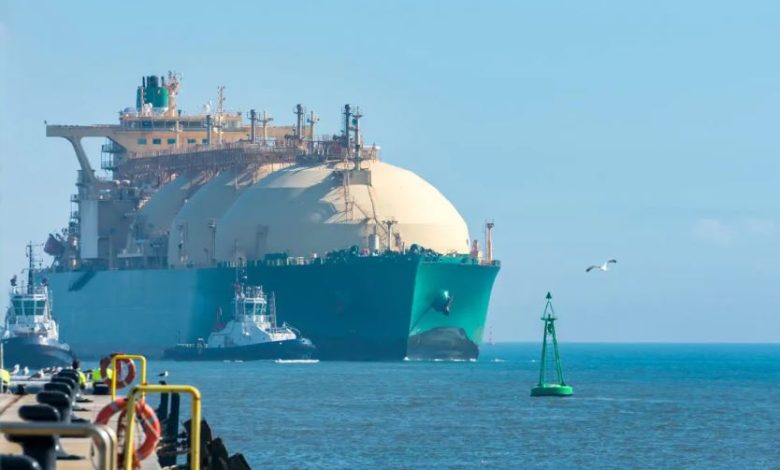Will the war in Ukraine derail Europe’s energy transition?
A study published in Joule outlines 4 scenarios for Europe’s energy transition
(Sustainabilityenvironment.com) – The war in Ukraine will be good for Europe’s energy transition. Soaring gas prices, reduced supplies from Russia and the need to find viable alternatives quickly are all factors that encourage decarbonisation more than they curb it. This is stated in a study by the University of Aarhus, Denmark, just published in Joule.
But there is a but. It all depends on the political will. In other words, the extent to which the energy and climate policies of the European countries have adhered to the objectives of the Paris Agreement, even at a complicated juncture such as the present one. In other words: the EU is at a crossroads. And the main choice concerns the role of gas, as transition energy or not.
“Russia is Europe’s largest gas supplier and in 2019 34% of the eurozone’s gas consumption came from Russia. With the phasing out of Russian gas, we no longer have enough gas for this so-called transition phase. This means that we have to choose between investing in the immediate installation of large amounts of wind and solar energy or fall back on other options, including coal. The first scenario is in line with a very ambitious climate strategy and will very quickly ease Europe’s dependence on gas imports. However, the second scenario makes it difficult to honor the Paris Agreement,” says Gorm Bruun Andresen, one of the authors of the study.
Using a model simulating the entire EU energy system (PyPSA-Eur-Sec), the researchers identified the best cost-benefit transition paths for both a target of 1.5°C and a target of 2°C, and for each generate a scenario with abundant gas resources and one with gas resources equal to those of today net of those imported from Russia. In the first case, with a phase down of the gas that innervates the path towards the 1.5°C system, one of the factors that push more towards decarbonisation is the sudden transition from gas heating to heat pumps.
“Interestingly, this implies that the price of gas is a driving force behind what European politicians have been talking about for years. This does not mean that the price of gas and the restructuring of the heating sector are sufficient for the scenario of 1.5 degrees. Absolutely”. But this drives Europe’s energy transition “to a much greater extent than the use of gas in a transitional phase,” explains Gorm Bruun Andresen. To quickly cut gas by aiming at 1.5°C, however, you need at least 400 GW of new capacity installed from renewable sources between 2025 and 2035.






